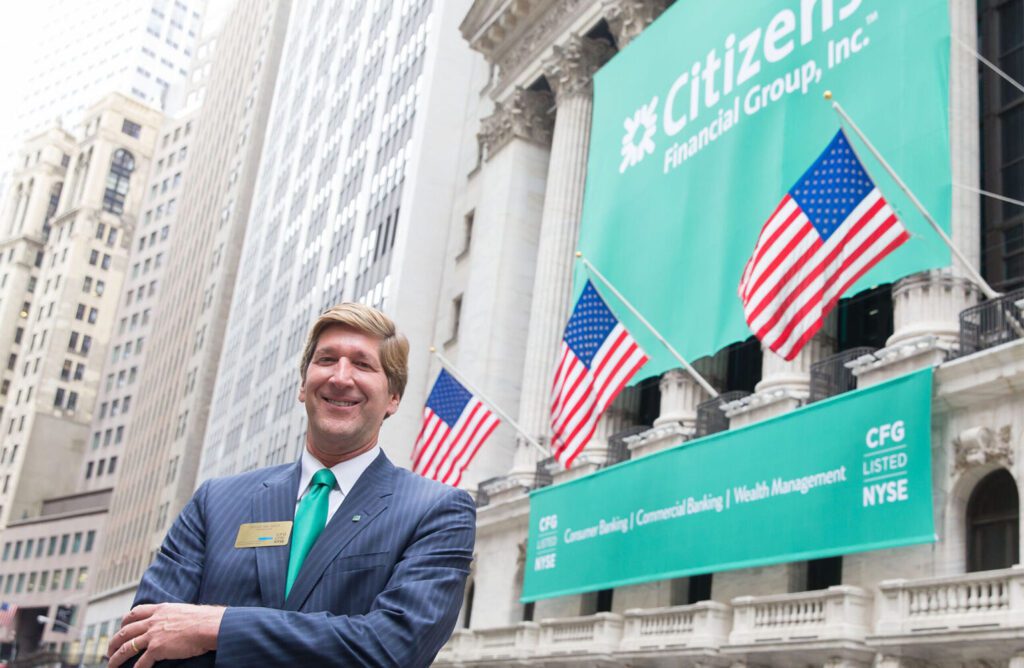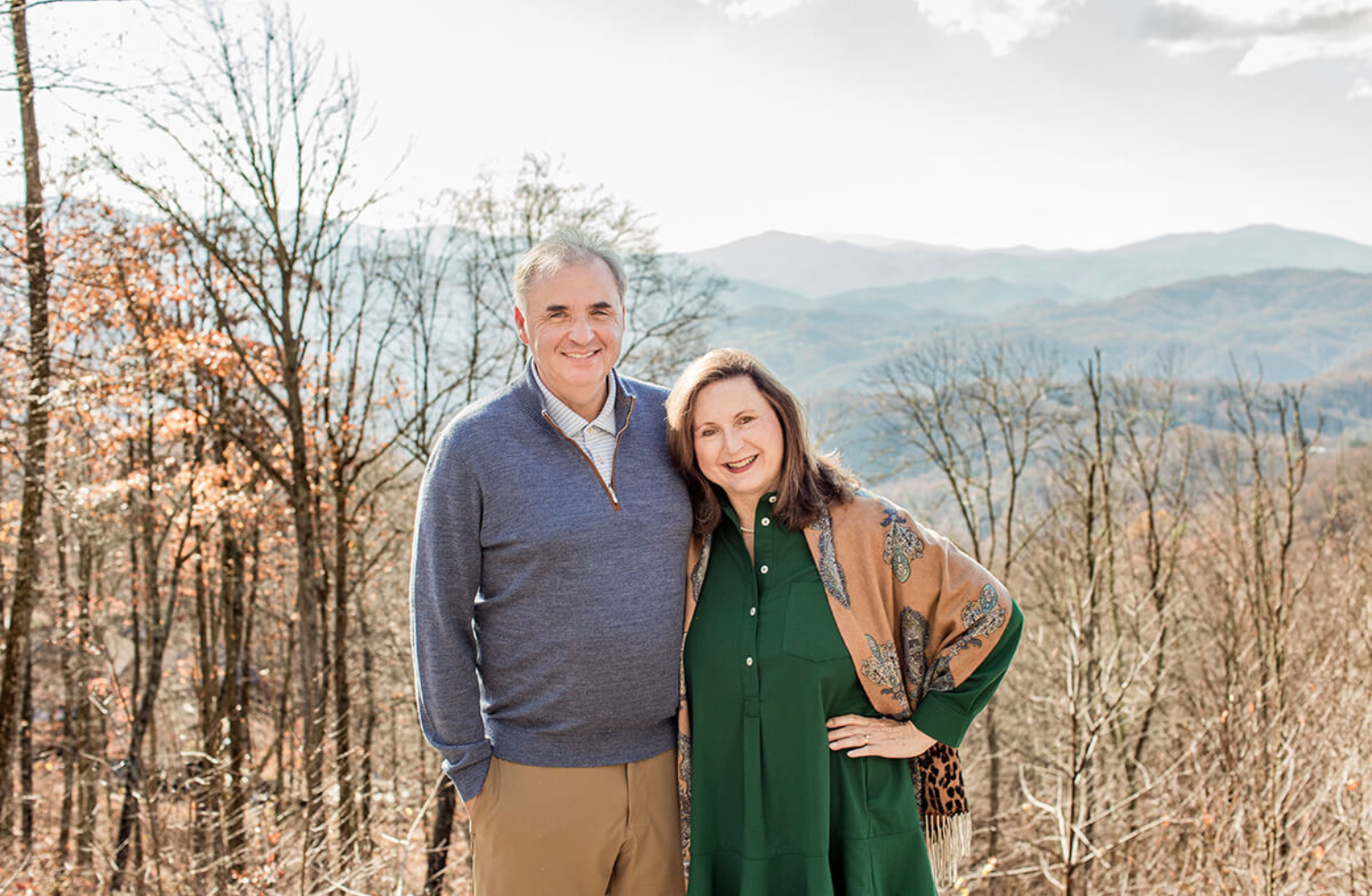 When Bruce Van Saun ’83 (MBA) took the helm of Citizens Financial Group in late 2013, the mid-tier U.S. bank was caught in a bind. While Citizens’ competitors had recovered the ground they lost during the retrenchment of the financial crisis five years prior, Rhode Island-based Citizens was falling behind.
When Bruce Van Saun ’83 (MBA) took the helm of Citizens Financial Group in late 2013, the mid-tier U.S. bank was caught in a bind. While Citizens’ competitors had recovered the ground they lost during the retrenchment of the financial crisis five years prior, Rhode Island-based Citizens was falling behind.
“We had fallen behind peers, not kept up with investment in technology and talent, risk management, the product set,” said Van Saun.
The chief executive faced an uphill battle to turn around the lender. Through this process, he drew on the many lessons on leadership that he learned at UNC Kenan-Flagler Business School. He said his MBA education helped him build his 30-year career in financial services.
“UNC brought me the opportunity to take much broader, higher level finance courses, get exposed to general management courses like strategic planning, leadership courses, courses on technology, organizational behavior, marketing. So really round out the full gamut of knowledge about what makes companies successful.”
Throughout his three decades in finance, Van Saun had stayed engaged with UNC Kenan-Flagler, where he met classmate and future wife Katie Watson Van Saun ’83 (MBA).
The couple had made generous gifts to their alma mater – including a three-year donation that will support five distinguished fellows at the Kenan Institute of Private Enterprise to advance thought leadership around a key “Grand Challenge” that impacts business and society starting in 2023.
“Giving back is a philosophy of life that’s important,” said Van Saun. “The Business School has continued to stay focused on delivering a great education in innovative ways. I’m very impressed with some of the ways they’ve developed online and virtual programs. They’re staying relevant to people in a changing environment.”
Read the complete Carolina Story
Related Stories

 When Bruce Van Saun ’83 (MBA) took the helm of Citizens Financial Group in late 2013, the mid-tier U.S. bank was caught in a bind. While Citizens’ competitors had recovered the ground they lost during the retrenchment of the financial crisis five years prior, Rhode Island-based Citizens was falling behind.
When Bruce Van Saun ’83 (MBA) took the helm of Citizens Financial Group in late 2013, the mid-tier U.S. bank was caught in a bind. While Citizens’ competitors had recovered the ground they lost during the retrenchment of the financial crisis five years prior, Rhode Island-based Citizens was falling behind.

